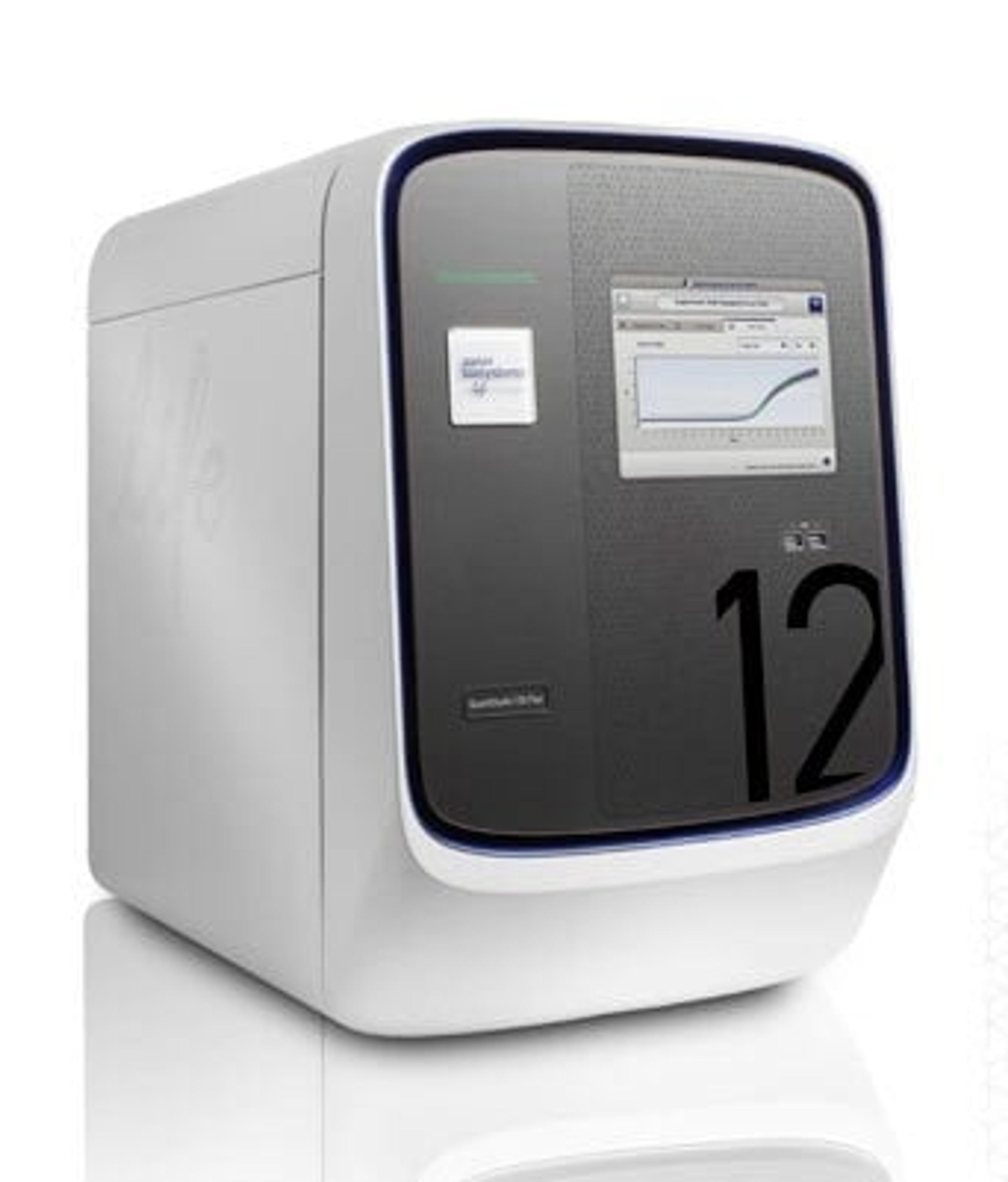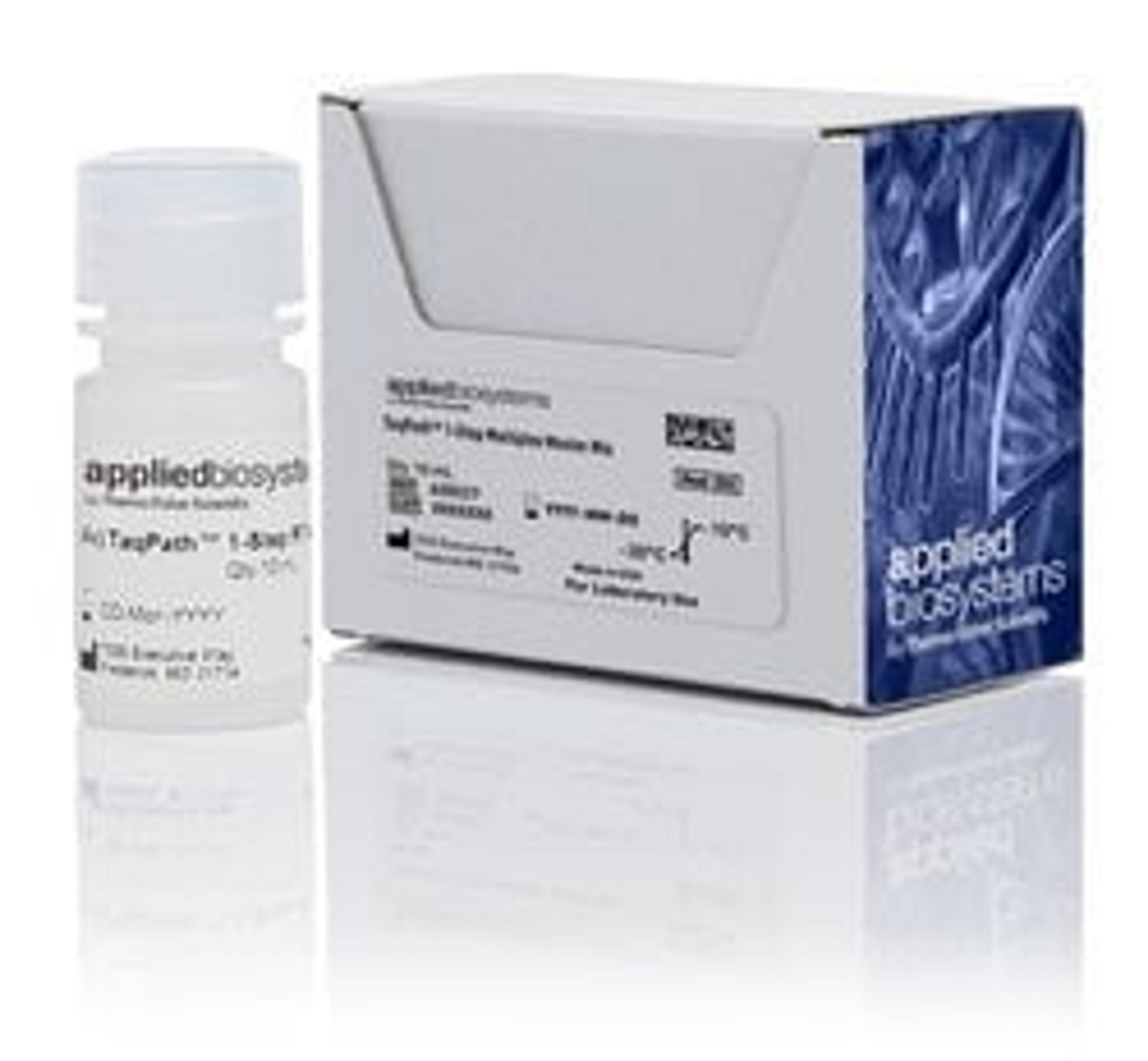Thermo Fisher’s COVID-19 tests: Designed with virus mutations in mind
4 Jan 2021
While the B.1.1.7 variant has become prevalent in parts of the United Kingdom, it is also beginning to emerge in other countries, including the United States. As one of the leading suppliers of COVID-19 testing solutions, Thermo Fisher Scientific is working with the US FDA to help with surveillance efforts for the new variant.
This post was written by Dr. Manoj Gandhi, MD, Ph.D., Sr. Medical Director at Thermo Fisher Scientific.
Reports of a new UK coronavirus variant, named by Public Health England as VUI-202012/01 (the first “Variant Under Investigation” in December 2020) and also referred to as B.1.1.7, have raised serious concerns as the world tries to understand what it might mean for transmission rates, disease severity, and more. Simultaneously, scientists are trying to understand how the many mutations—17 in total—might affect current SARS-CoV-2 diagnostic tests.
Mutations are the norm for viruses. In fact, high mutation rates in response to selective pressure is especially common in RNA viruses, and throughout the COVID-19 pandemic, SARS-CoV-2 has been mutating at a rate of about one to two mutations per month. What makes this new variant different is that it seems to have acquired mutations much more quickly than scientists expect resulting in a reported 70% increase in transmissibility.
How does this new variant affect Thermo Fisher Scientific’s portfolio of COVID-19 diagnostics?
Knowing how common it is for viruses to mutate, we designed our COVID-19 molecular diagnostic tests in a multiplex manner; our assays target multiple areas of the SARS-CoV-2 genome. This built-in redundancy helps provide confidence that our tests can identify COVID-19 positive patients even when mutations in the genome arise.
Of the 17 mutations in this variant, 8 occur in the S gene that encodes for the spike (S) protein, while the others occur in other regions of the genome, such as in the orf1-ab, orf8, and nucleocapsid (N) genes. Only 1 mutation out of all 17 is important to be aware of in relation to the Applied Biosystems™ TaqPath™ COVID-19 assay—the 69-70del of the S gene.
Due to Thermo Fisher’s forward thinking 3-gene target assay design and the way that our software interprets results, if a patient infected with a variant that has the 69-70del mutation is tested using our TaqPath COVID-19 assay, it will result in an S gene “drop out.” This drop out does not mean a result is negative, only that the S gene could not be detected. Because of the multi-target design of our assays, the 69-70del mutation has not been found to impact test results obtained using our products, and the probability of a mutation in the S gene impacting the accuracy of our test results is low. Thermo Fisher’s team of scientists have been monitoring the variant situation closely to ensure that our assay continues to provide reliable results.
What is the value of using multi-target, real-time PCR diagnostics for COVID-19 testing?
The European CDC recommends that multi-target RT-PCR assays that include an S gene target affected by the deletions (and therefore will result in an S gene “drop out”) can be used as a signal for the presence of the 69-70del mutation for further investigation, especially if sequencing capacity is limited.1 Multi-target RT-PCR tests that utilize S gene regions impacted by the 69-70del mutation are quicker and cheaper than sequencing the entire virus and can help keep track of these mutant strains. If available, the European CDC recommends confirmation of the mutation using sequencing.
Want the latest science news straight to your inbox? Become a SelectScience member for free today>>


